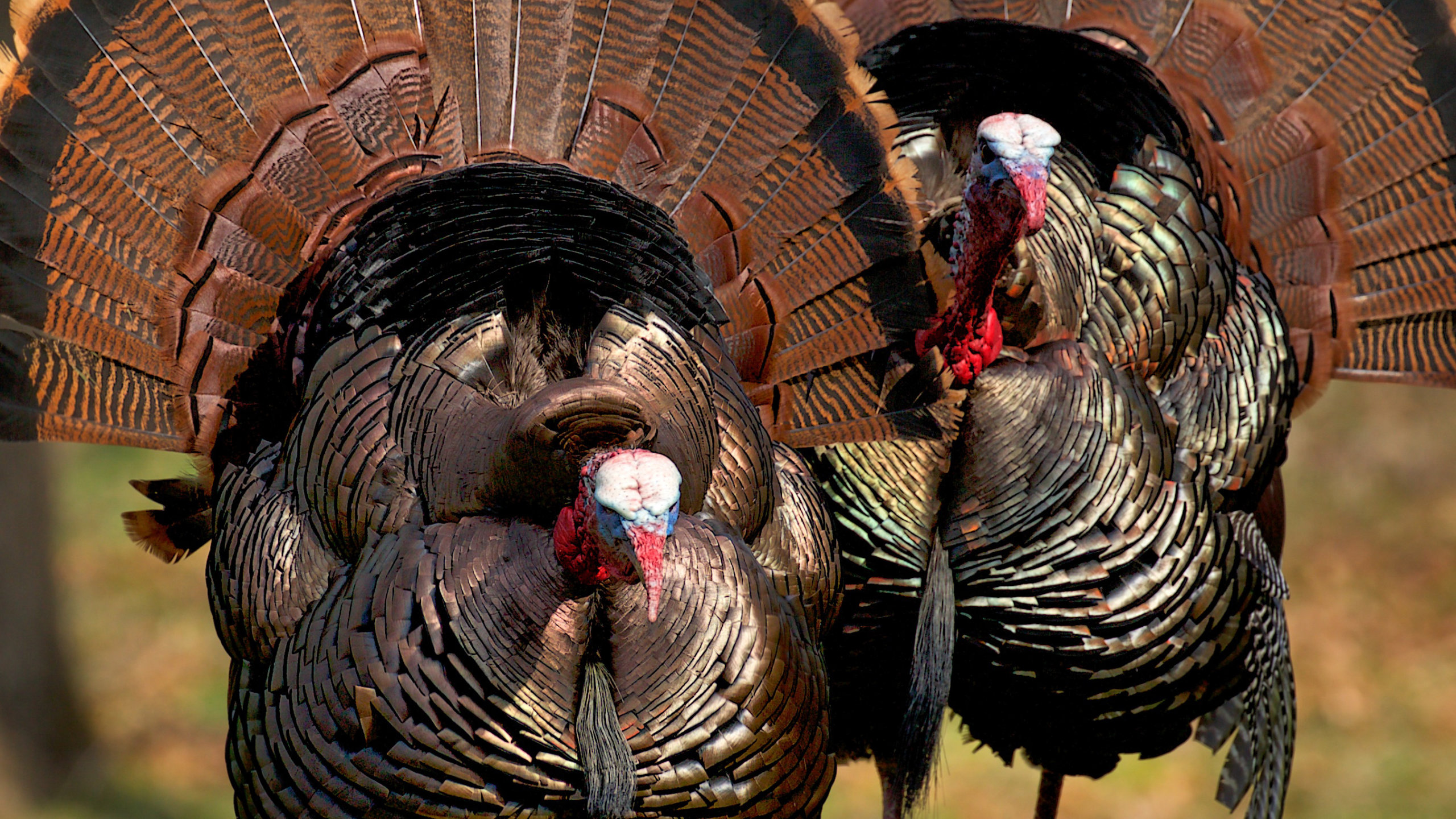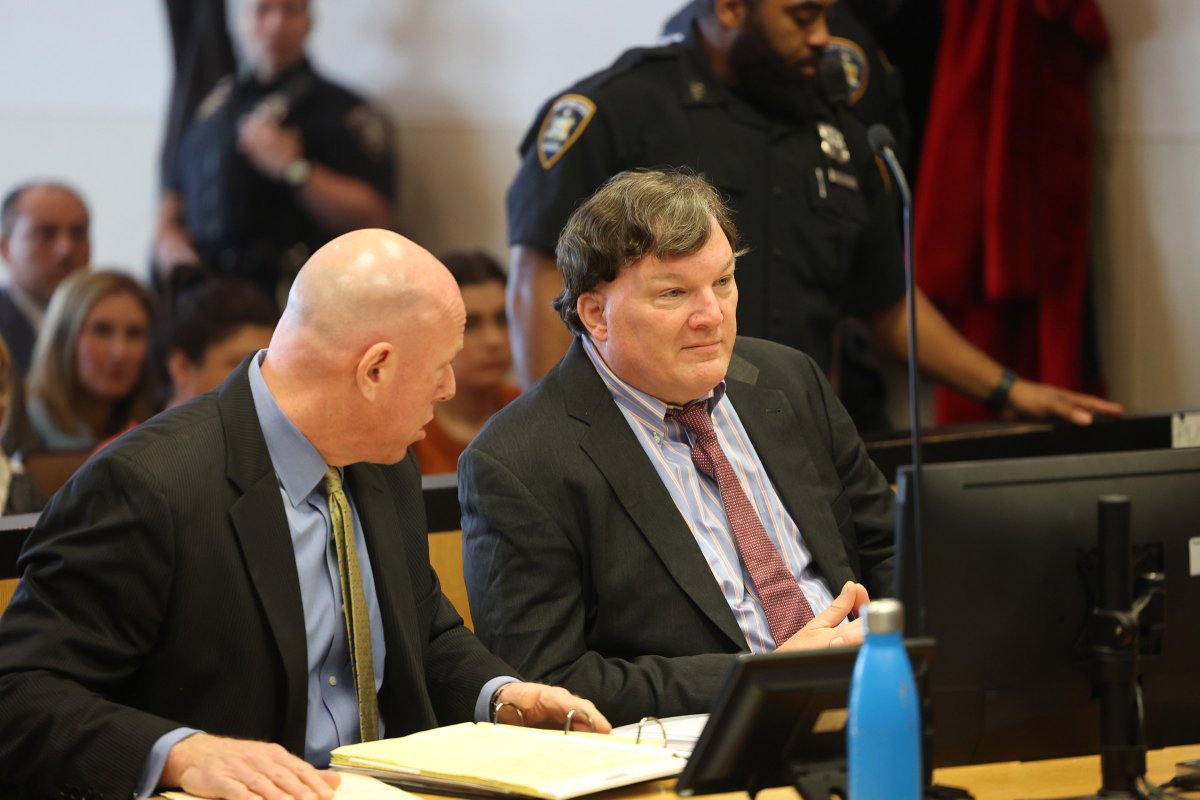DEC Aiming for New Spring Wild Turkey Hunting Season in Suffolk County

Springtime might get a lot worse for the East End wild turkey population. The New York State Department of Environmental Conservation (DEC) has proposed new changes to wild turkey hunting regulations this week, including adding a spring hunting season for the birds in Suffolk County.
If adopted, the spring season would begin in 2023 and last the entire month of May each year. Hunters would be limited to shooting one bearded bird per season.
On Wednesday, DEC Commissioner Basil Seggos announced the proposed changes, which would expand turkey hunting opportunities locally and statewide, starting later this year, after the month of May, so the proposed spring season would already be over for 2022.
“Wild turkey restoration is one of the greatest success stories of modern wildlife conservation,” Seggos explains in a statement about the changes. “In New York, DEC’s management and protection of wild turkeys has allowed the birds to maintain self-sustaining populations in all suitable habitats of the state. This regulation change would expand hunting downstate, ensuring New York remains a premier destination for turkey hunters in the Northeast.”
A relatively recent addition to Long Island, wild turkey populations have grown to more than 3,000 birds, according to the DEC. The first turkey hunting season on Long Island lasted five days in fall of 2009 with a one-bird bag limit. After the DEC established that season and, later, a two-day youth-only spring season (for kids 12–15 in April), turkey populations in the area continued to proliferate. The DEC says these thriving turkey populations can now support additional hunting opportunities, including this proposed spring season, from May 1 through May 31.
In additional to the new season in Suffolk, another proposal, scheduled to take effect this fall, would change the minimum shot size from #8 to #9 for turkey hunting statewide to account for advances in shotshell technology. Previously, shot sizes smaller than #8 were prohibited because they lacked the kinetic energy downrange to kill a turkey without undue suffering, but recent advances in shotshell technology use heavier metals such as tungsten alloy, tungsten-iron or bismuth, the DEC reports. These heavier shot types, sometimes called “Tungsten Super Shot” or “TSS,” maintain enough energy to, as the DEC describes it, “humanely harvest a turkey.” In terms of kinetic energy, #9 tungsten can have the same weight as #5 lead shot and achieve a higher pellet count.
The DEC is hearing public comment on these regulatory proposals through June 5. New Yorkers can send comments via email to wildliferegs@dec.ny.gov with “Proposed Turkey Regulations” in the subject line, or by mail to Joshua Stiller, NYSDEC, 625 Broadway, Albany, NY 12233-4754.
For more information, visit the DEC proposed regulations page.



